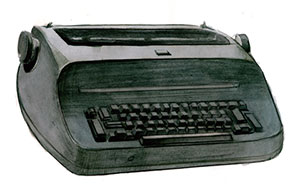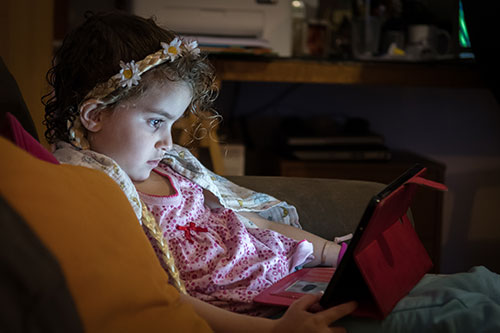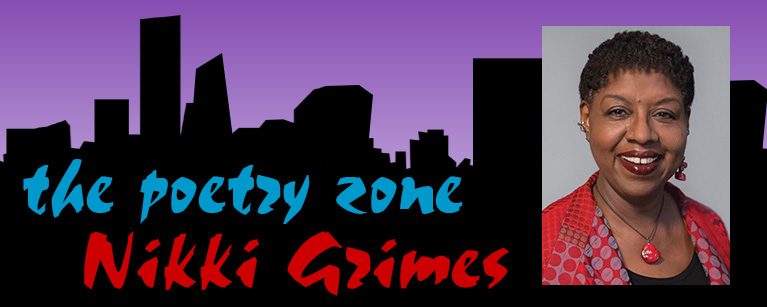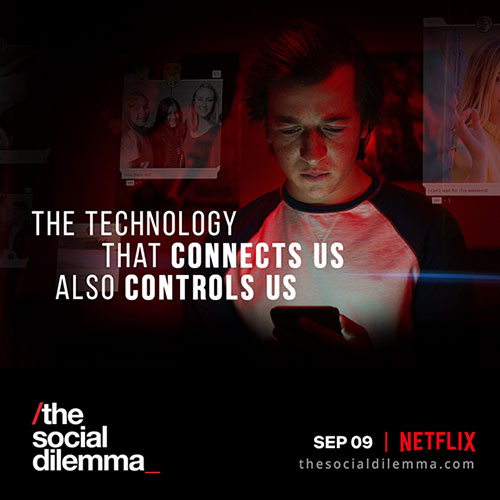 I am, by nature, a self-confessed Luddite. I write the early drafts of all of my books on yellow lined pads, and only turn to the computer when it’s time to input the finished draft. I then print out the draft, and write my revisions and editorial notes on the hardcopy. Writing and/or editing on the computer is simply not a thing in my world. If it weren’t for the groundbreaking, time-saving function of digital copy and paste, I doubt I’d have ever turned my IBM Selectric® in for a personal computer at all.
I am, by nature, a self-confessed Luddite. I write the early drafts of all of my books on yellow lined pads, and only turn to the computer when it’s time to input the finished draft. I then print out the draft, and write my revisions and editorial notes on the hardcopy. Writing and/or editing on the computer is simply not a thing in my world. If it weren’t for the groundbreaking, time-saving function of digital copy and paste, I doubt I’d have ever turned my IBM Selectric® in for a personal computer at all.
It should come as no surprise that it took another 10 years or more before I was dragged, kicking and screaming, into the world of electronic mail. For years, I had an assistant operate an email address on my behalf, and only took over those duties when she neared the due-date for her first child. I knew what she didn’t: her new baby was going to require all of her attention for quite some time.
Once I was on email, my publishers began nudging me to set up a website, which of course I resisted. I eventually caved, and my site went live the day Bronx Masquerade won the Coretta Scott King Award, at which point fans were starting to search for my online presence. Fine, I thought. But a website was absolutely, positively as far down the digital rabbit hole as I intended to go.
Next, I was drawn onto Facebook which those in the biz touted as a primary tool for promoting books. With marketing departments pushing authors in this direction, this seemed worth a try. Facebook, though, was as far as I was going to go into the world of tech and social media. And I stuck to that, too—right up until I took a second look at Twitter and the impact it seemed to be having on author exposure and book sales. Now, here I am, locked in hook, line, and Twitter handle.
Turns out, there were some excellent reasons for me to avoid the digital rabbit hole, if only I’d known.
I came to understand, fairly early on, how addictive social media can be, but that wasn’t especially worrying. It meant that I needed to be fairly disciplined about my use of it, and I’m a fairly disciplined individual, so that was okay. Then, gradually, I became aware of some of the negative aspects on the vulnerable who were being bullied online by bad actors taking advantage of their anonymity to say and do things, they would never say or do to a person’s face. That was troubling. Then it became apparent that young people were either losing, or deriving their sense of worth from social media likes or responses to their selfies, with or without the use of new-fangled filters. Not good. Social media’s downward slide started picking up speed.
More recently, the toxic environment of Facebook in particular, and social media in general, started getting to everyone. Some folks simply decided to get out of Dodge. I hung in, though, but I became increasingly frustrated when attempts to engage in polite discussions with people of a different political persuasion became impossible. Conversation was being replaced by verbal combat.
Alarm bells didn’t sound off in my head fully until I watched a little documentary called The Social Dilemma. And by little, I mean a bombshell.
Among my takeaways: social media has, by design, worked to eliminate our shared reality. It has, by design, created addiction to itself that’s so strong, even its designers have a difficult time disengaging. This, of course, serves advertisers who want our attention, and need us to be on social media for as long as possible, each and every day. They are the customers, and we are the products the tech companies are selling to them.
Social media has aided the growing division in our nation. The use of this media has ratcheted up a young person’s sense of loneliness, isolation, and ultimately, a sense of worthlessness that has wildly increased the percentage of teens and pre-teens suffering from depression and committing suicide (up by as much as 187%). And, bad as that all is, it’s only part of the story.
Some of you reading this will, no doubt, say “well, duh!” But I wonder how many understand to what extent social media plays into the havoc we’re currently experiencing in our lives and the lives of our children, and how much this media is contributing to the breakdown of our democracy.
Like most, I have been painfully aware of the negative impact this media has been having on relationships with friends and family, and have been grieving it. However, I didn’t fully understand the insidious ways social media has undermined us all, not by working poorly, but by working as it was designed to. The documentary, The Social Dilemma, was a giant wake up call. The media’s very designers broke it all down, in great detail.
Once I picked my jaw up off the floor after viewing this film, I reached out to a circle of friends, urged them to watch it, then arranged a virtual group discussion, shortly thereafter. By the end of our talk, we all felt it vital that we broaden the conversation, urge others to watch this film, especially with their families, and to have necessary conversations of their own. This blog is one of my attempts to move that forward.
Please watch this film. Watch it with friends. Watch it with your colleagues, your students. Most of all, watch it with your children. Follow the viewing with a conversation about what surprised you, and what didn’t, what frightened you or gave you pause, and what steps you think you might want to take in response to it.
This is not a call to close your accounts or abandon the media, altogether, although some may. As an author, I’m part of an industry that’s locked into this media, so I see myself altering how I engage with it— and how often—but don’t see myself leaving it entirely, at this point. I do find it telling, though, that the very creators of this media forbid their own children to engage with it. Think about that.
 Some designers suggest demanding legislation that sets controls on the media where there currently are none. Others propose that an age-limit be applied to the use of social media, in much the same way as we put age-limits on drinking, and on driving. After viewing this film, you might find this worth considering. Whether you do or not, this is a clarion call to take a sober account of social media. We all understand what’s good about it, but we need to confront what isn’t. We need to fully comprehend its harmful, and dangerous, impact on our lives, and especially on the lives of our most vulnerable.
Some designers suggest demanding legislation that sets controls on the media where there currently are none. Others propose that an age-limit be applied to the use of social media, in much the same way as we put age-limits on drinking, and on driving. After viewing this film, you might find this worth considering. Whether you do or not, this is a clarion call to take a sober account of social media. We all understand what’s good about it, but we need to confront what isn’t. We need to fully comprehend its harmful, and dangerous, impact on our lives, and especially on the lives of our most vulnerable.
I rarely recommend films. It’s even rarer that I recommend a documentary. I have never urged everyone to watch a particular film. I am doing so now.
Please make the time to watch The Social Dilemma on Netflix. We all need to understand the mechanisms of this creature we’ve invited into our homes, into our lives, and into our brainstems. What we do with this information is up to each of us.
This one thing I know: knowledge is power.
MORE ON THE SUBJECT
Ten Arguments for Deleting Your Social Media Accounts by Jaron Lanier
The Dangers of Social Media by Paul Otway
Tristan Harris—US Senate June 25, 2019
How a Handful of Tech Companies control Billions of Minds Everyday, TED Talk by Tristan Harris
How Your Brain is Getting Hacked…TED Talk by Tristan Harris
Your Phone is Trying to Control Your Life, by Tristan Harris, YouTube
Can Truth Survive Big Tech? Tristan Harris, YouTube




